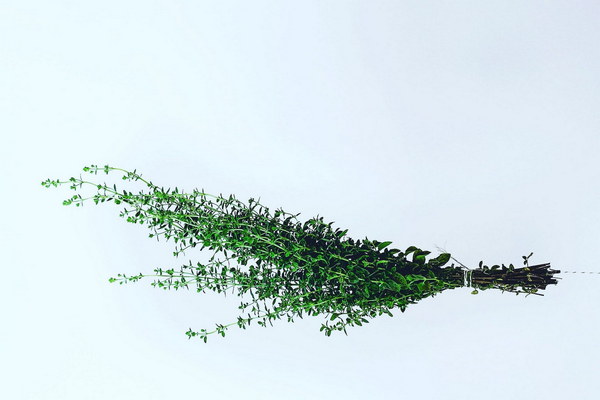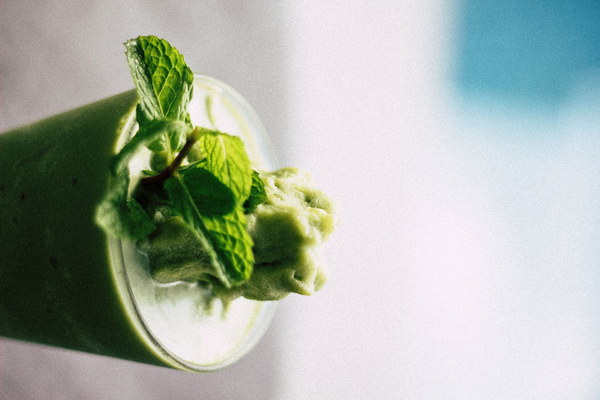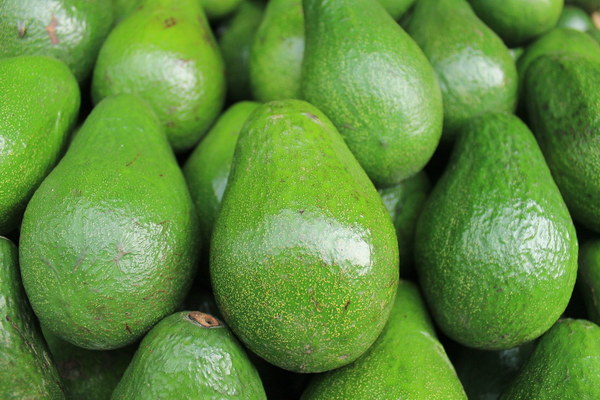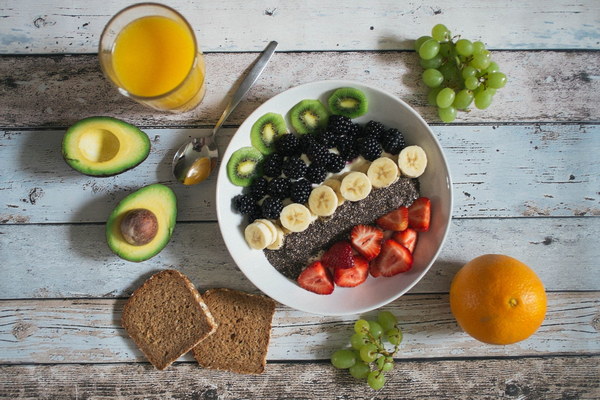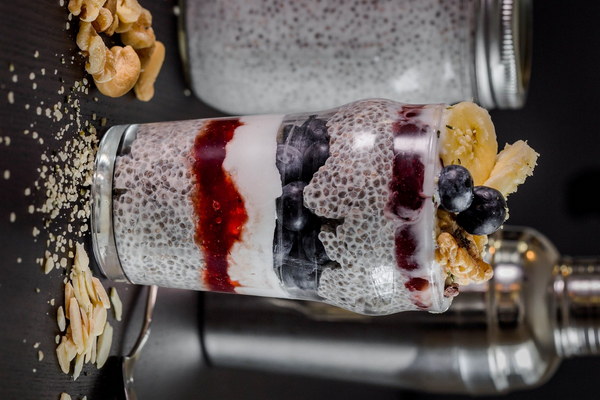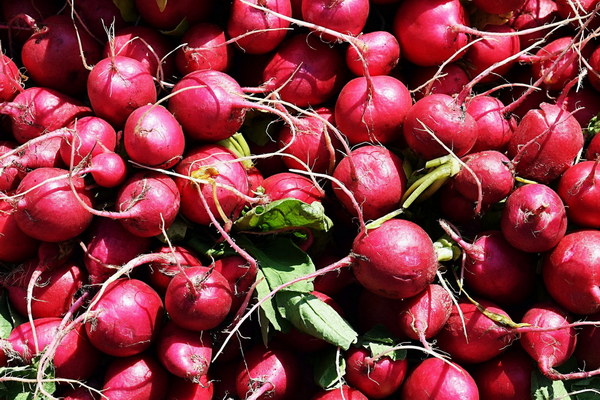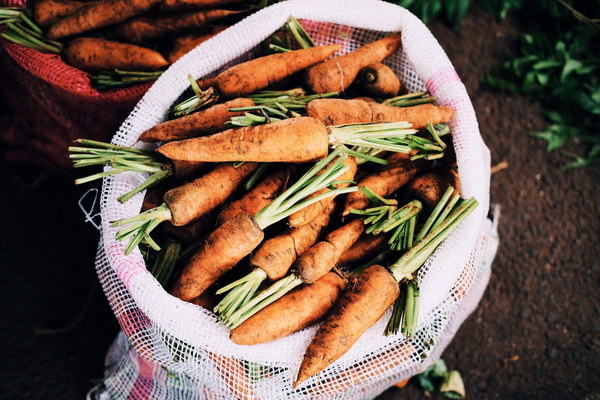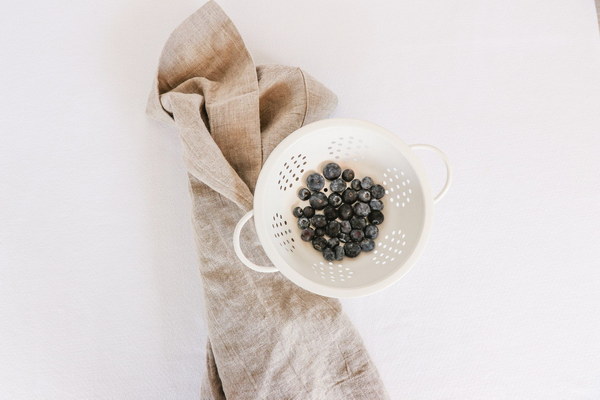Easing Postpartum Dampness Traditional Chinese Practices for a Healthy Recovery
Easing Postpartum Dampness: Traditional Chinese Practices for a Healthy Recovery
After the joyous experience of childbirth, new mothers often find themselves in need of rest and rejuvenation. One common concern for many postpartum women is the issue of dampness, a term used in Traditional Chinese Medicine (TCM) to describe excess fluid retention and associated discomforts. This article explores the traditional Chinese methods for alleviating postpartum dampness, providing a natural and holistic approach to a healthy recovery.
Understanding Postpartum Dampness
In TCM, postpartum dampness is believed to arise from the body's weakened state after childbirth, making it more susceptible to the invasion of dampness, which can manifest as various symptoms such as fatigue, swelling, and joint pain. It is crucial for new mothers to address this imbalance to ensure a full and speedy recovery.
Traditional Chinese Practices to Alleviate Postpartum Dampness
1. Dietary Adjustments:
- Stay Hydrated: Drinking plenty of warm water helps to promote circulation and aid in the elimination of dampness.
- Avoid Cold Foods: Cold and raw foods are believed to exacerbate dampness. Instead, opt for warm, cooked meals.
- Incorporate Herbs: Herbs such as Astragalus (huang qi), Poria (fu ling), and Atractylodes (bai zhu) are commonly used in TCM to alleviate dampness and strengthen the immune system.
2. Acupuncture and Moxibustion:
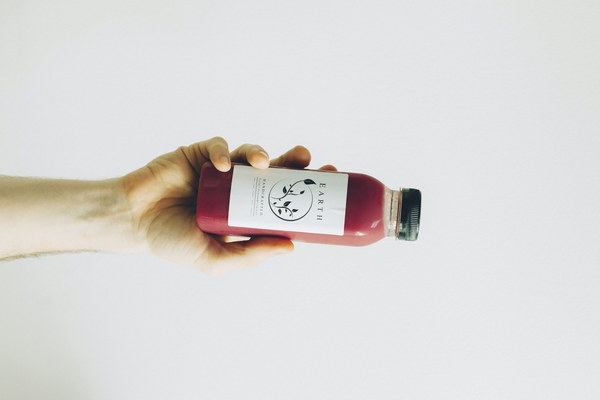
- Acupuncture: This ancient therapy involves inserting fine needles into specific points on the body to stimulate the flow of Qi (vital energy) and balance the body's Yin and Yang. Acupuncture can help to alleviate symptoms of dampness and support overall recovery.
- Moxibustion: Moxibustion is a technique that involves burning dried mugwort, a herb known for its warming properties, near the skin's surface to stimulate circulation and expel dampness.
3. Herbal Remedies:
- Herbal Teas: Teas made from herbs like Dong Quai (angelica sinensis), Cinnamon (rou gui), and Licorice (gan cao) are often recommended to help eliminate dampness and support the immune system.
- Herbal Powders: Some traditional formulas come in powder form, which can be mixed with warm water and consumed to provide targeted relief.
4. Physical Activity:
- Moderate Exercise: Gentle exercises like walking or tai chi can help to promote circulation and boost the immune system, aiding in the elimination of dampness.
- Adequate Rest: Rest is essential for recovery, but it should be balanced with light activity to prevent the stagnation of Qi and blood.
5. Moisture Management:
- Keep Warm: Dampness can be worsened by cold and damp environments. It is important for new mothers to maintain a warm and dry living space.
- Change Diapers Regularly: Frequent changes of diapers can prevent dampness around the perineal area, a common concern for postpartum women.
Conclusion
Postpartum dampness can be a challenging issue for new mothers, but traditional Chinese practices offer a range of natural and effective methods for relief. By incorporating dietary changes, herbal remedies, and other TCM techniques, new mothers can support their bodies in healing and restoring balance, leading to a more comfortable and healthy postpartum period. Always consult with a qualified TCM practitioner before starting any new treatment or therapy to ensure it is safe and appropriate for your individual needs.
